People
Staff

Timon McPhearson is director of the Urban Systems Lab, professor of urban ecology at The New School's Environmental Studies Program, and research faculty at the Tishman Environment and Design Center. In 2017 he was awarded The New School's Distinguished University Teaching Award and in 2018 became a member of the IPCC and lead author for the urban systems chapter. He investigates the ecology in, of, and for cities and teaches urban resilience, systems thinking, and urban ecology. Dr. McPhearson is a member of the NYC Panel on Climate Change (NPCC) and the Urban Climate Change Research Network (UCCRN). He co-leads the US NSF Urban Resilience to Extreme Weather-related Events Sustainability Research Network (URExSRN) (2015-2021) and the Nature-based solutions for Urban Resilience in the Anthropocene (NATURA) network. His work is published in scientific journals (e.g. Nature, Nature Climate Change, BioScience, Frontiers in Ecology and Evolution), in books (Urban Planet, Sustainability in America’s Cities, Urban Sustainability Transitions), popular press (e.g. The Nature of Cities), and covered by The New York Times, The Guardian, The Nation, and more. He is a senior research fellow at the Cary Institute of Ecosystem Studies in Millbrook, New York, and associate research fellow at the Stockholm Resilience Center, Stockholm University in Sweden.
Follow him on ResearchGate, Google Scholar, and LinkedIn. Download his CV here.
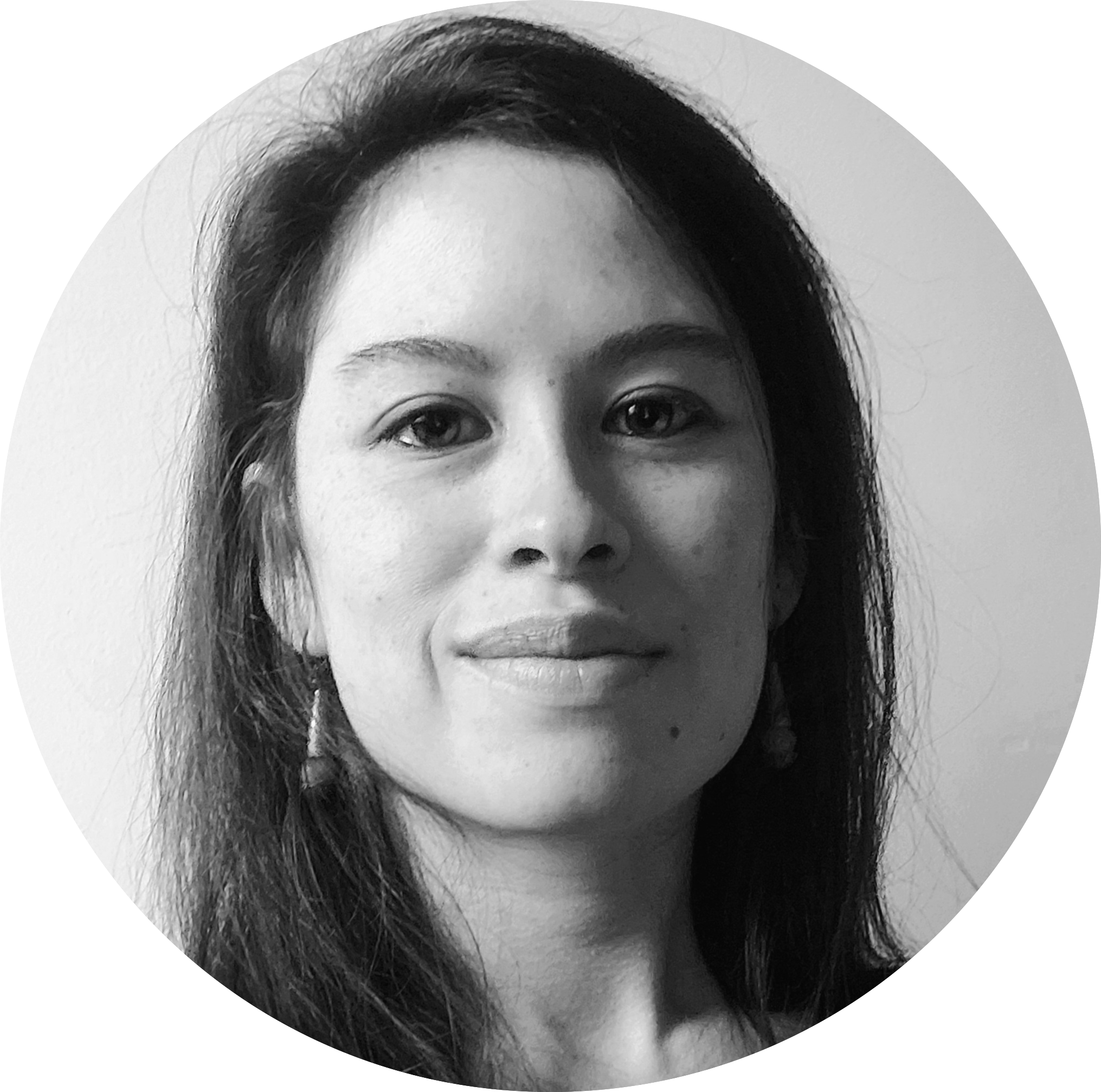
Loan Diep is a NATURA research fellow working on concepts and applications of Nature-Based Solutions in urban contexts. Her research interests are in the green development of cities with a focus on the socio-spatial and political inclusion of ‘informal’ settlements. For her doctoral research, she investigated the urban politics of development and implementation of green infrastructure for river restoration in favelas of São Paulo, in Brazil. Loan also built 10 years of experience working in urban water and sanitation, particularly in policy advocacy. She conducted projects in South America, Sub-Saharan Africa, South Asia, and the Middle East and North Africa. She has collaborated with intergovernmental institutions such as UNEP and UNICEF, as well as think tanks and NGOs like the International Institute for Environment and Development (IIED) and Kounkuey Design Initiative (KDI). Loan holds a PhD in Urban Studies, an MSc in Environment and Sustainable Development and a BSc in Environmental Geography from University College London (UCL).
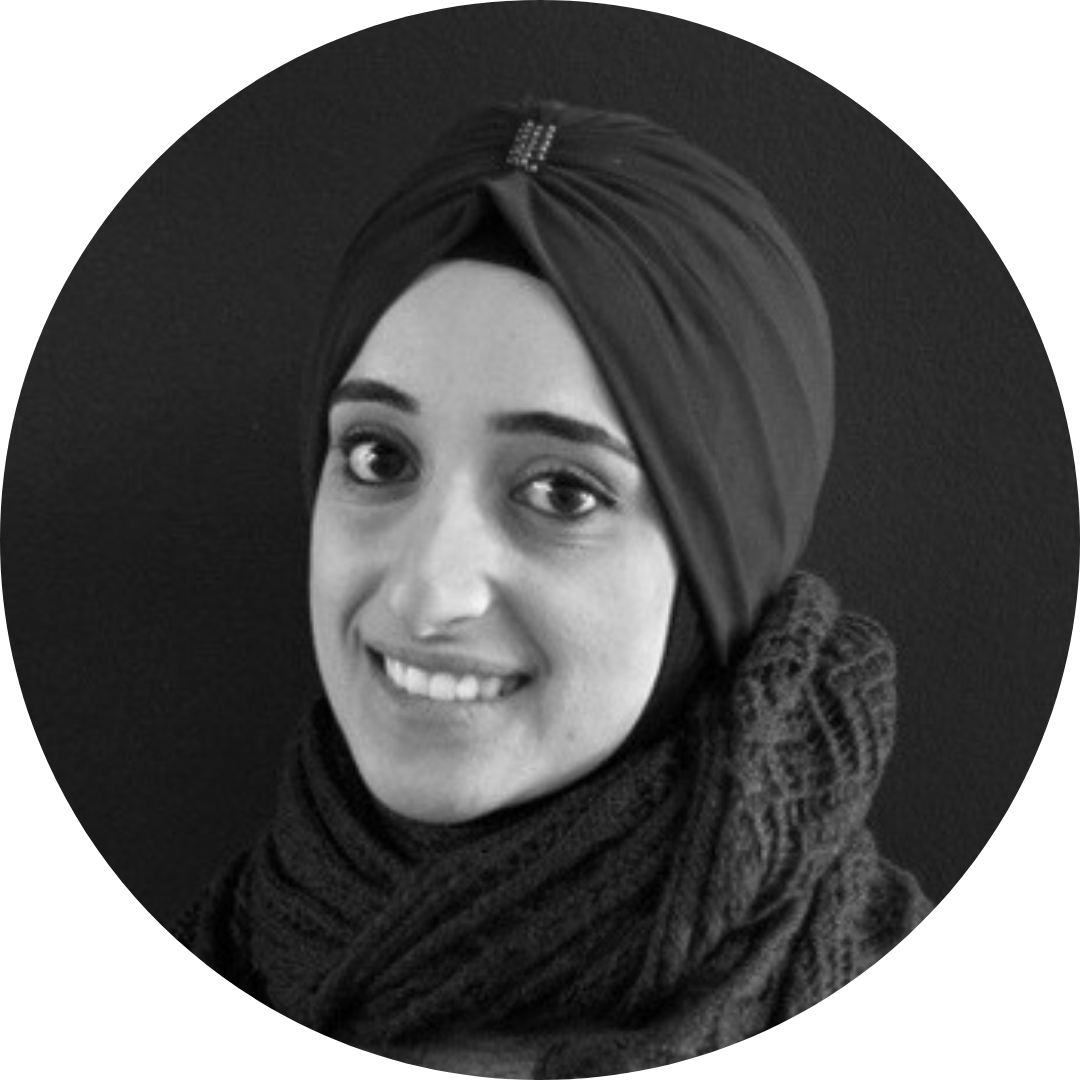
Sally El Hajjar was born in Lebanon the mid-nineties. She received the diploma of Electromechanical Engineer form the Saint-Joseph University in 2018, and the M.S. of Renewable Energy degree in 2019 from the Saint-Joseph University and the Lebanese University, Beirut, Lebanon, and her Ph.D. degree in 2022 from University of the Basque country, Spain, in computer science. She also worked as a research associate at the Luxembourg Institute of Socio-Economic Research (LISER). Her current research interests include pattern recognition, contribution to Multiview clustering, machine learning, deep learning, cellular automata, and various computer science applications.

Christopher Kennedy is the associate director at the Urban Systems Lab at The New School and lecturer in the Parsons School of Design. Kennedy’s research explores the social-ecological benefits of urban plant communities, multispecies thinking, and community-based approaches to environmental stewardship and environmental art. Kennedy holds a BS in environmental engineering from Rensselaer Polytechnic Institute, an MA in Environmental Education from NYU, and a PhD in Cultural Studies from the University of North Carolina.

Madhavi Jain is a climate modeling research fellow at the Urban Systems Lab and is part of the ClimateIQ team. Her work focuses on scenario-based urban heat modeling in multiple cities using the state-of-the-art weather research forecast (WRF) model. During her doctoral research, she investigated land use changes in rapidly growing Delhi city, in India, and the deeper role of rampant urbanization in altering the megacity’s local weather. Madhavi received her Ph.D. in Environmental Science from Jawaharlal Nehru University in India. She is also involved in raising environmental awareness through her association with Delhi Greens NGO, and her independent works as an artist.
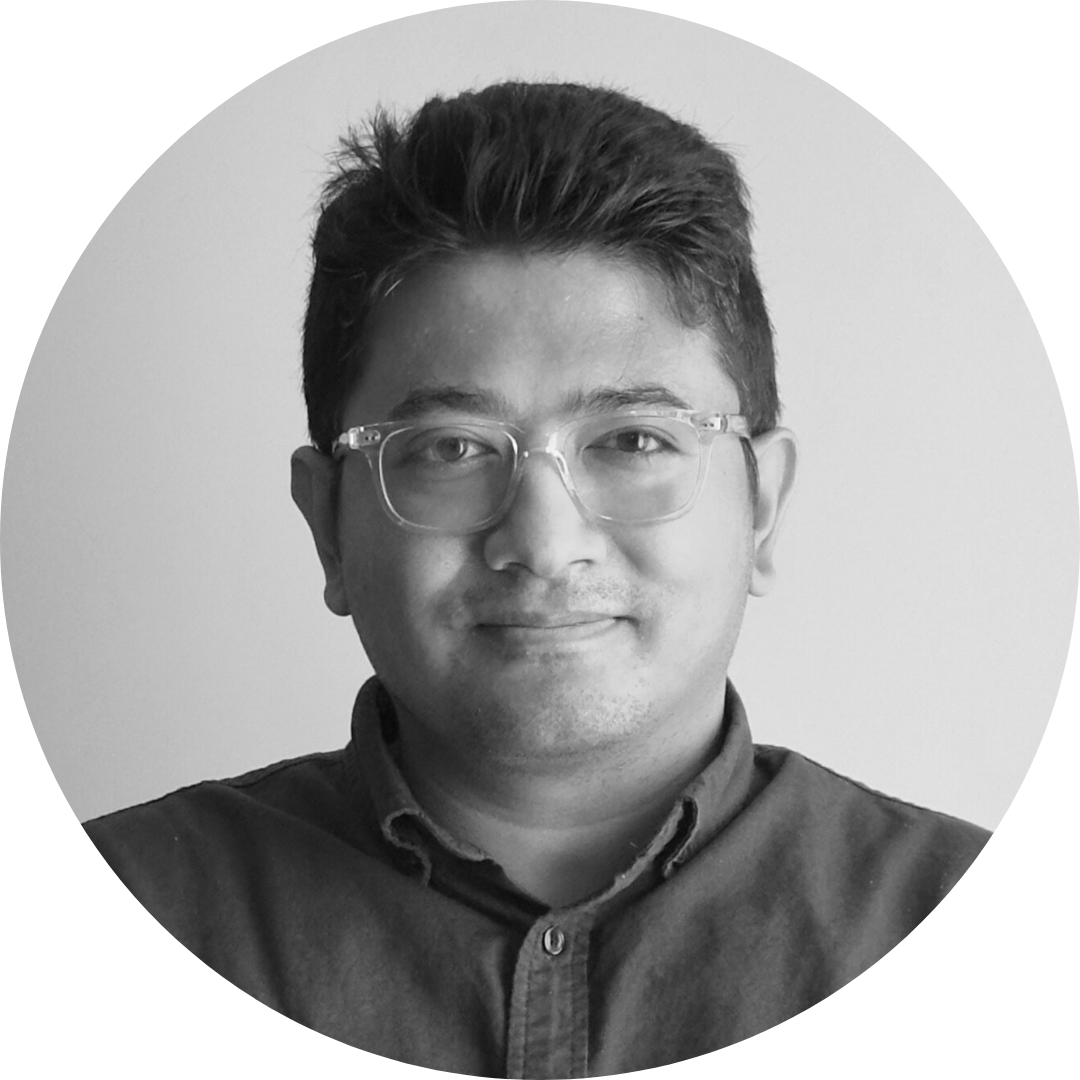
Ashish is a Water and Environmental Engineer with a Ph.D. in Civil, Environmental, and Sustainable Engineering from Arizona State University. He completed his postdoctoral research at the Department of Systems Engineering & Management, Air Force Institute of Technology in Ohio. His research focuses on water and environmental systems, including urban and natural watershed hydrology, water systems modeling, hydrodynamics, hydroinformatics, sustainability and resilience, systems science, climate change, and environmental engineering. His work addresses the challenges of planning, managing, and adapting water systems in a changing world by advancing modeling techniques and tools to develop frameworks and resources that support decision-making in water and environmental systems management and infrastructure planning.
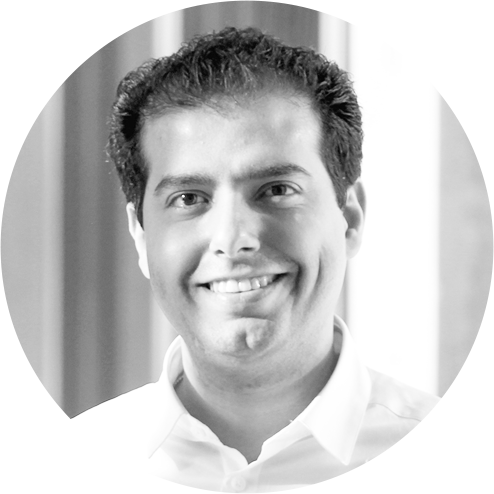
Ahmed Mustafa is the Assistant Director of Geospatial Research at the Urban Systems Lab. His work focuses on scenario modeling for several National Science Foundation funded projects. He develops and implements computational models to simulate possible spatial patterns of future cities.
Ahmed received his Ph.D. in Engineering and Technology in 2018 from the University of Liège in Belgium. His research, teaching, and community engagement center on the development and application of modeling and simulation tools for exploring urban systems, land use change, and transport. In addition, Ahmed has acquired experience in the industry, which he gained from working as a GIS expert for multinational companies.

Anna Kramer is a product manager at the Urban Systems Lab and is part of the ClimateIQ team. Anna has several years of experience in engineering consulting, where she utilized data to inform the development of ecological and resilient infrastructure. She continues to work directly with clients to solve climate-related issues and attract funding for resilience measures. Anna has extensive experience working with open-source spatial data and recently developed a coastal flooding risk index for communities in New York City. She holds a bachelors degree from Cooper Union and a masters degree from NYU Tandon School of Engineering.
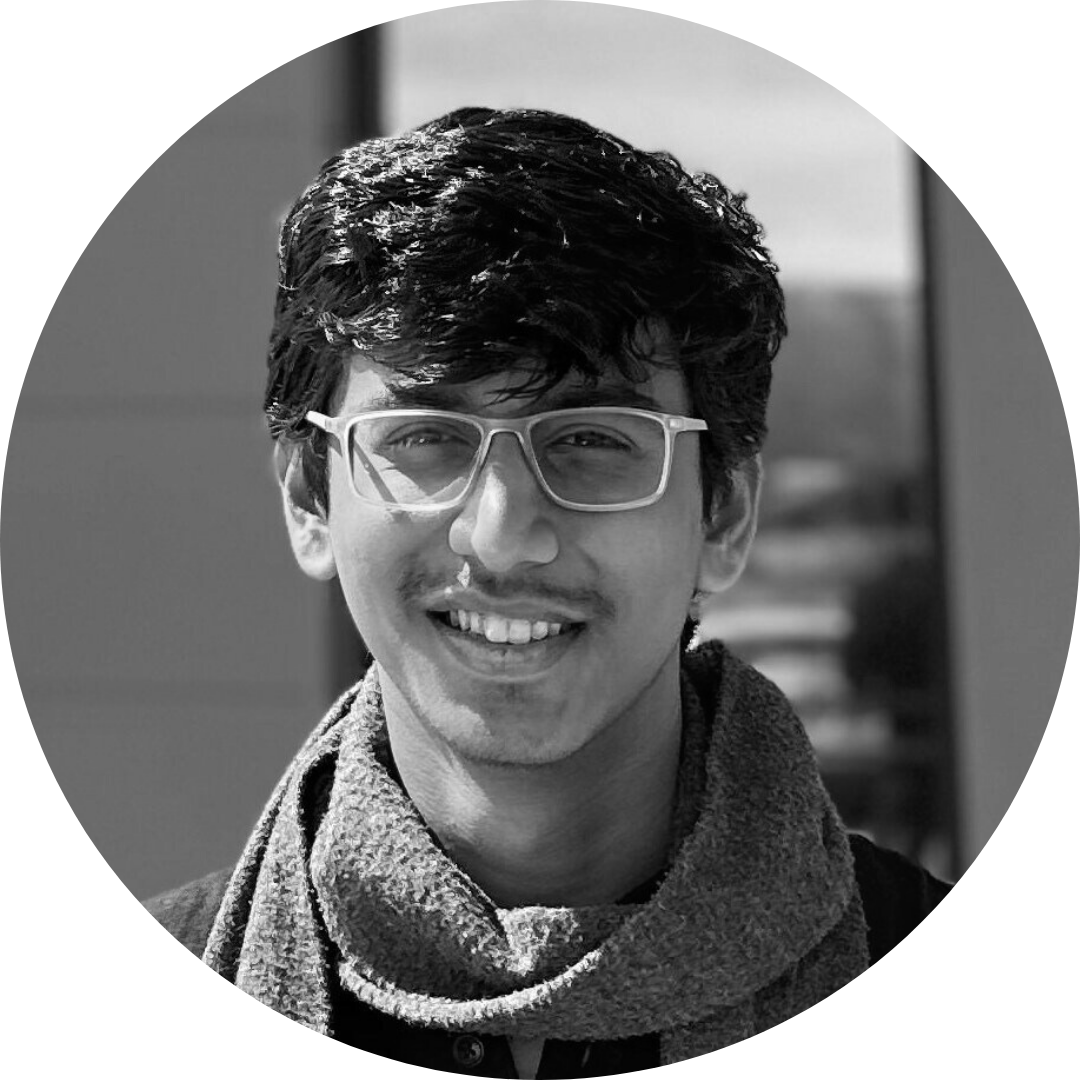
Rajan Jain is a Senior Research Fellow in Geospatial Software Engineering, holding a master's degree in Information Technology from Arizona State University and a bachelor's degree from Gujarat Technological University in India. He has a couple of years of experience in software development and data engineering. During his time as a Research Assistant, Rajan worked on projects involving climatic AQI and weather data, with a focus on data processing, analysis, and visualization for environmental research.
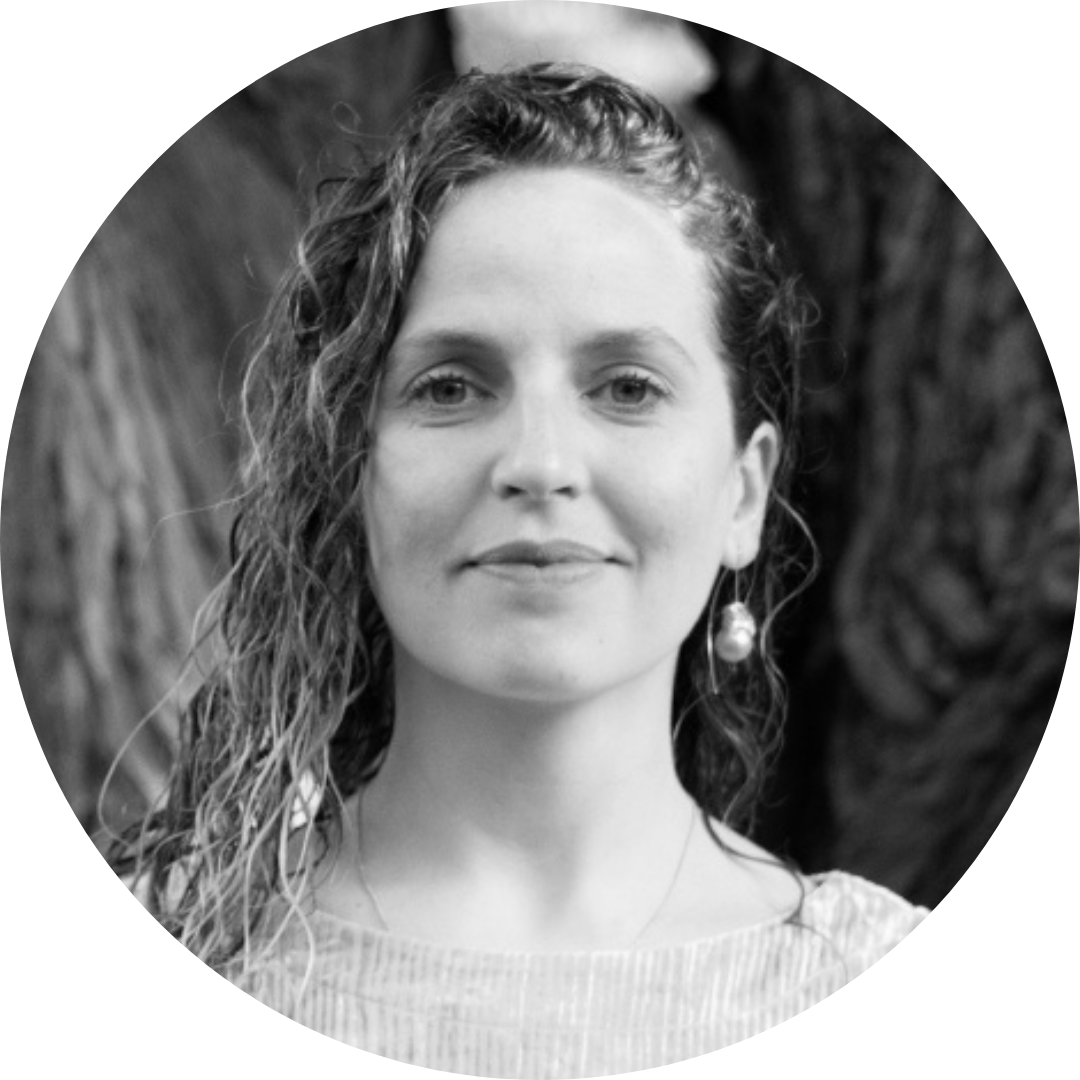
Val cultivates strategic impact across the Urban Systems Lab as Assistant Director of Operations and Communications. A systems designer, researcher, and strategist, she leverages experience across the built environment, product and innovation design, geospatial data visualization, ecological regeneration, housing, land use, public policy, and grassroots organizing. Val served as Advancement Director of the Earthshot Institute (now Collaborative Earth), a climate tech nonprofit centered on open science for planetary regeneration. She also drove multipronged systemic change in her formative field of architecture with the Architecture Lobby. Val’s coauthored book, ‘The Organizer’s Guide to Architecture Education,’ will publish in spring 2024 with Routledge. She shaped her capabilities through a Bachelor of Science at McGill University and a Master of Architecture at Columbia University. Val is native of France with global experience.

Natalie is the Lab manager at Urban Systems Lab. She has a BA in Environmental Studies and Interdisciplinary Science from The New School. She is interested in the intersection of urban environments and public health from the small scale (cellular processes) to the large scale (social change and policy). Natalie hopes to channel her love of science into equitable urban health and justice practices.

Joe is a software technician at the Urban Systems Lab. He has several years of industry and research experience as a full stack software engineer, specializing in data visualization, particularly within geospatial analysis. He has contributed to the Ocellus family of applications and platforms at the lab, and is interested in how software systems embed within and feed back into social/ecological contexts and the built environment. He has a Bachelors in Computer Science/Philosophy from McGill University and an MS in Data Visualization from Parsons.
Visiting Scholars

Mairéad is a PhD candidate in the Department of Botany at Trinity College Dublin. She is a member of the European Research Council project, NovelEco. Her research investigates the processes of co-design and urban rewilding. As a Fulbright-EPA Awardee, Mairéad will be based at the Urban Systems Lab in The New School. During this time, she will examine co-design in-depth, working with a case study community in New York City to design an urban wild space and develop an urban rewilding framework based on the findings. Previously, Mairéad completed an MSc in Development Practice and a BSc Hons in Environmental & Geographical Sciences.
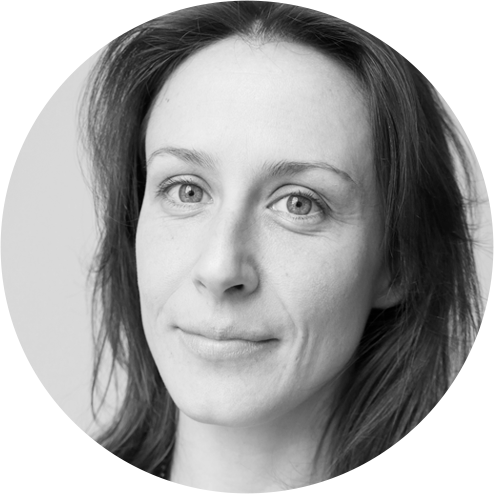
Veronica Olivotto is a researcher, teacher and consultant working on urban climate change adaptation and risk reduction with a keen interest in the politics of decision making in climate resilience at multiple scales. She is currently pursuing a PhD in Public and Urban Policy at the New School of New York. She is an associate lecturer at the Institute for Housing and Urban Development Studies (IHS) based in Erasmus University Rotterdam (The Netherlands). In the past, Veronica worked on climate change related assignments and training for the German Development Agency (GIZ), the European Commission and various branches of the United Nations. She is an author and member of the Urban Climate Change Research Network (UCCRN). Between 2007 and 2009, Veronica worked as sustainable development researcher at the Scottish Institute of Sustainable Technology (SISTech) based at Heriot-Watt University (Edinburgh). Veronica holds degrees from Erasmus University Rotterdam (M.Sc Urban Management and Development, 2010), Edinburgh-Napier University (M.Sc Ecotourism, 2007) and Milan University (B.A. Tourism and Local Community, 2005). Current writing appears on Authorea and impromptu rants on Twitter.
PhD Students

Pablo Herreros studied environmental engineering at the Polytechnic University of Madrid, Spain, where he specialized in environmental impact assessment. Interested in using his knowledge of Geographic Information Systems and ecology for the benefit of society, he moved to Wageningen University in the Netherlands to complete an MSc in urban environmental management. He is now applying socio-ecological analysis to urban ecosystem services and environmental risks, with special focus on their spatial attributes and their links to social justice. He aims to provide policymakers with evidence-based information for spatial planning and design.

Bart Orr is a PhD student in Public and Urban Policy at the New School. He is interested in the relationship between climate change adaptation and resilience policies and socioeconomic inequality. He is also a member of the Global Urban Futures project at the New School.

Julie Syversen is a Ph.D. Candidate in Public and Urban Policy at The New School. Her research focuses on integrating urban resilience and climate justice into disaster recovery processes under the supervision of Professor Timon McPhearson. Julie holds a Master's Degree in Disaster Resilience and Sustainable Development from the University of Newcastle (Australia) and a Bachelor's Degree in Societal Safety and Environment from the Arctic University of Norway, UiT. Currently, she is a Research Assistant at the Tishman Environment and Design Center. Prior to her Ph.D., Julie worked as a societal safety and sustainability consultant at Norconsult. In this role, she collaborated with local, regional, and national government agencies in Norway to develop and implement policies and plans for DRR and CCA. Julie has also contributed her expertise to various UN agencies, including UNDRR, UNESCAP, and UN Women.
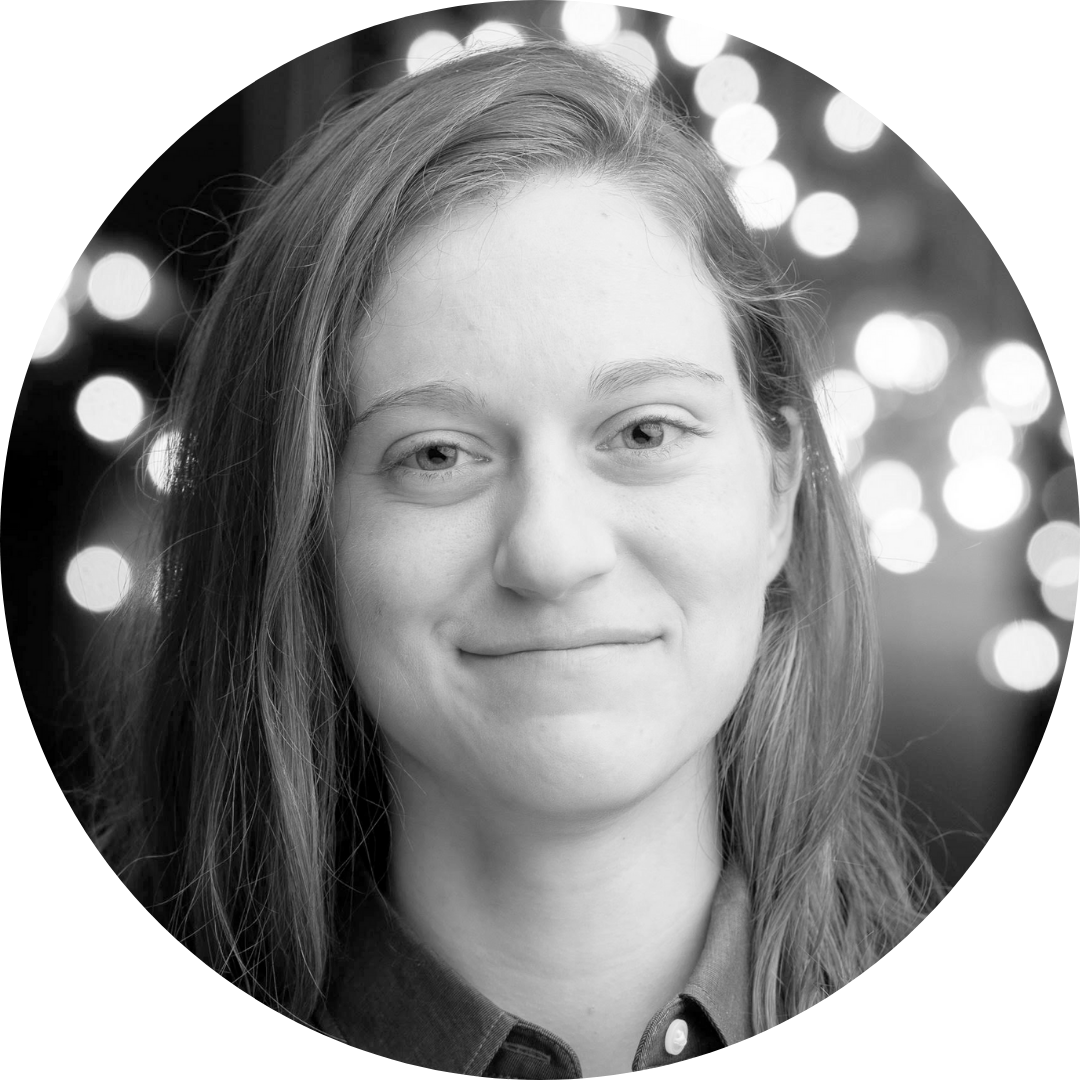
Mallory Rutigliano is a sustainability expert based in New York. Mallory works on climate resiliency for the NYC Mayor's Office of Management and Budget, contributing to the city's Climate Budgeting initiative. Mallory is also the vice chair for the New York chapter of the Sierra Club, and chairs committees on environmental education and the Hudson River estuary, among other positions. Mallory previously conducted sustainable finance research at BloombergNEF on topics such as global policy, fossil fuel divestment, and green bonds. Mallory also has a background in behavioral health research focused on addressing health disparities, alongside the environmental and biological sciences with an emphasis on policy. Mallory earned her MPA in Environmental Science and Policy from Columbia University and her BA in Biology and Psychology from Dartmouth College. She is currently a doctoral candidate in the Public and Urban Policy program at The New School, focusing on food systems.
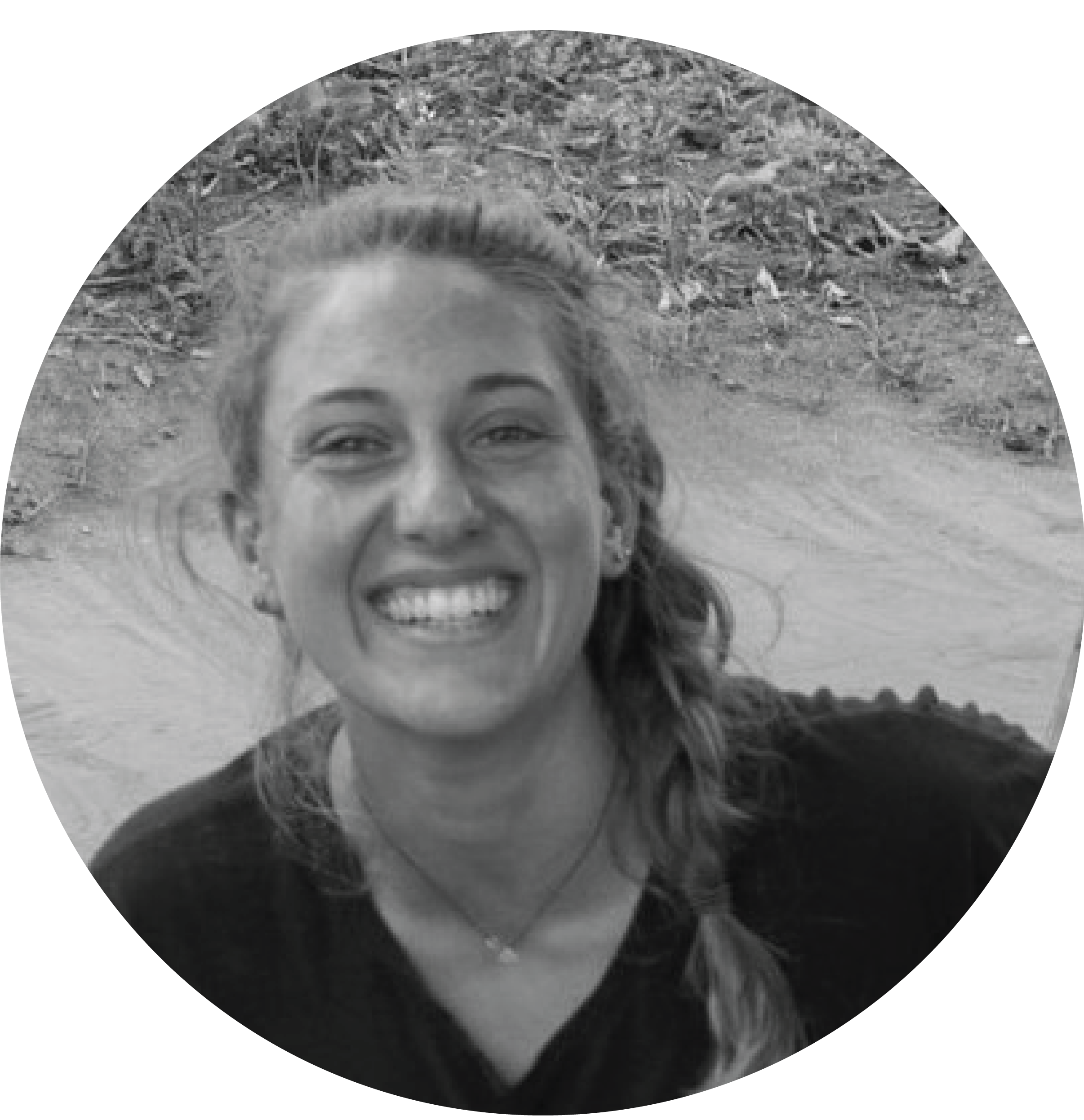
Jen Ventrella is a PhD student in the Public and Urban Policy program at the New School. She holds a dual Master's degree in mechanical engineering and applied anthropology from Oregon State University, where she studied sensor-based monitoring and evaluation of clean energy technologies for international development programs. She is interested in studying the politics of climate change adaptation and the effects of climate-induced migration on economies and livelihoods

Ishita is a research assistant at the Urban Systems Lab in National Science Foundation’s Catalyzing Human-centered Solutions through Research and Innovation in Science, the Environment and Society (CRISES) program, dealing with Climate Hazard and Risks. She is currently a PhD student at the Public and Urban Policy program at The New School and her research interest lies in coastal city resilience for people and types of infrastructure, and exploring governance for climate finance for developing countries. She has an MS in Environmental Policy and Sustainability Management from The New School along with a minor in Civic Service Design from Parsons School of Design and a BArch in Architecture from BRAC University in Bangladesh. She is an architect and has consulted for Habitat for Humanity International in New York, and consulted in project proposal development for UN HABITAT Global Solutions Division, UNDP Bangladesh and Governor Island Trust as part of C3: Climate Center Consortium in The New School team. Ishita served as Country Coordinator Bangladesh for Possible (former 10:10 Climate Action) and took part in developing climate change awareness campaign projects. She also takes an interest in entrepreneurship and has been a mentor at the US Venture Sustainability Accelerator in 2023 and the editor of an entrepreneurial book called The Ideal Quitter - Lessons Worth Half a Million USD One of her notable published works is a chapter titled Linkage between Traditional Architectural Elements in South Asia Representing Regionalism and Achieving Salutogenesis Ishita likes learning languages, traveling and exploring everything in art and culture.

Sofya is an urban researcher and designer focusing on the nexus between social, environmental, and historical connections in post-industrial spaces. Currently, she is a Ph.D. Student at The New School with a major in Public and Urban Policy and a minor in Design and Urban Justice affiliated with Parsons School of Design. Sofya’s research aims at creating a space-making program for post-industrial waterscapes, with a particular goal of achieving water resilience, blue-green infrastructure implementation, and preserving cultural heritage. She worked as a landscape architect and researcher in Israel, creating sustainable solutions to areas with a high risk of flooding. She started her academic career with research on ex-Soviet single-industry towns’ environmental and cultural challenges, published several articles, and participated in international conferences in Australia, the UK, the USA, and Canada. As an urban designer, Sofya became a winner of international competitions in environmental and architectural design. Within the Urban Systems Labs team, she is involved in developing the Coastal Flood Vulnerability Index for New York City.
Research and Student Assistants

As a community educator whose work spans health equity, environmental justice, sustainable agriculture, and urban policy, Emma is thrilled to be the Public Engagement Fellow with the Urban Systems Lab and work with teams researching urban ecological systems. Emma is grateful to continue work at the intersection of her many interests, building urban resiliency for all communities and the environment. With a background in food systems, zero waste and urban circularity, and co-creating equitable access to green space and gardens, Emma is eager to assist USL in their research and communications.
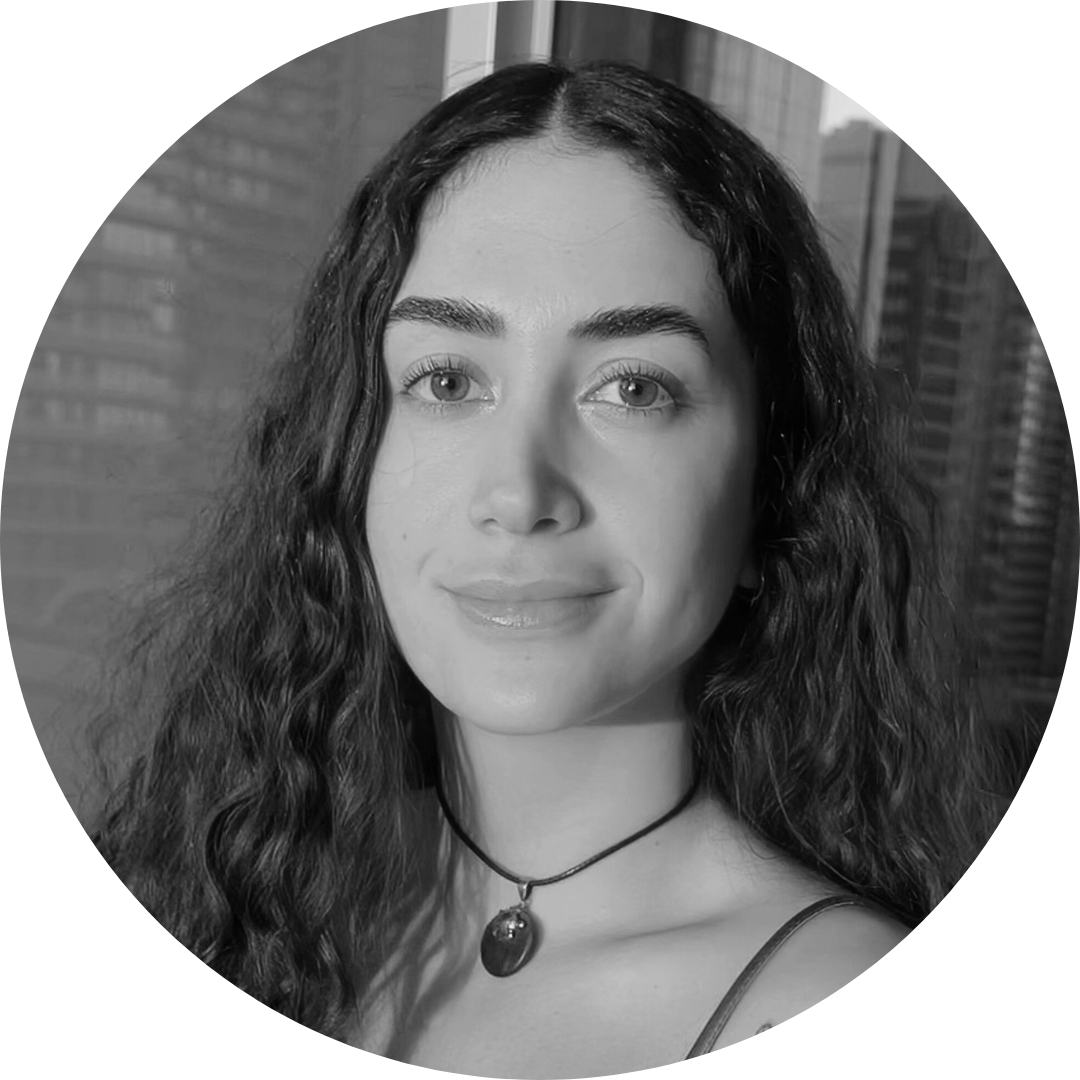
Carole is a research assistant at the Urban Systems Lab, contributing to the NATURA global roadmap project. Her research interests are at the intersection of solidarity economics—emphasizing community stewardship and the decommodification of land and property—and climate justice in a post-capitalist world. Her graduate thesis explored community-led adaptive reuse as a form of vernacular resilience in New York City. Outside of academia, Carole has eight years of experience in the data and technology sector as a technical product manager and data governance specialist. She has collaborated with government organizations like Ontario Power Generation and non-profits such as the Alliance for Innovative Regulation and the Inter-American Development Bank. Notably, she led the design of a techsprint aimed at enhancing government transparency and combating corruption in public spending across Latin America and the Caribbean. She holds a Master of Management Analytics from Queen’s University, an MSc in Ecological Economics from the University of Edinburgh, and is currently a PhD student in the Urban and Public Policy program at The New School.

Eric Bonner is a research assistant at the Urban Systems Lab, contributing to the ClimateIQ project. He is a junior at the School of Public Engagement and is a liberal arts major with a concentration in urban and environmental studies. Eric is an avid runner and uses movement as a way to experience and interact with different types of landscapes and environments. He has a deep interest in connecting communities and their environment. Eric’s research focuses on exploring how communities perceive and interact with their surroundings to inform climate adaptation and mitigation strategies that foster equity and effectiveness.
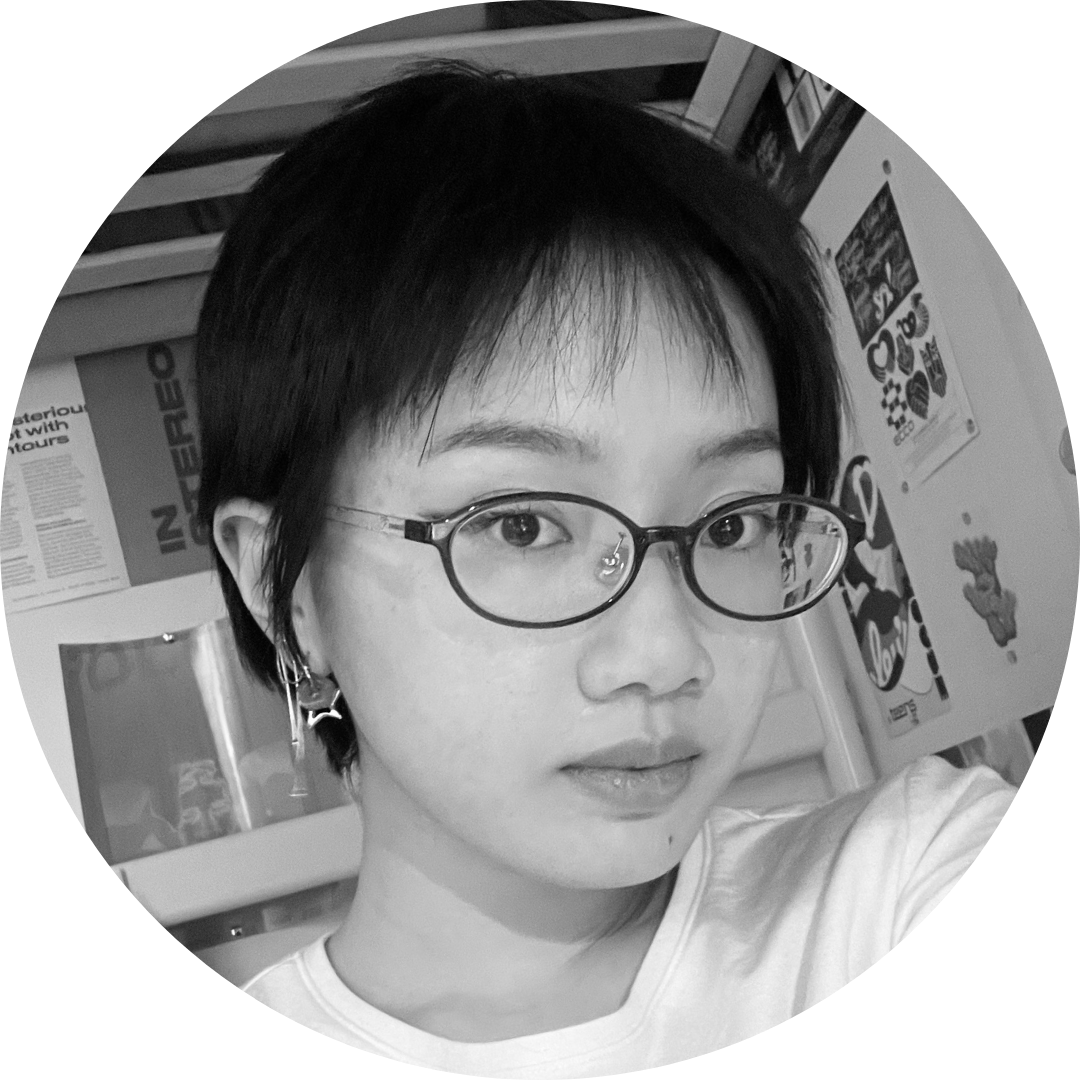
Phuong Anh (Anna) Bui, a rising senior at Parsons School of Design, is pursuing a major in Communication Design and a minor in Interdisciplinary Science at Eugene Lang College of Liberal Arts. Her design practice is driven by a deep commitment to making data and information accessible to all, with the goal of informing, persuading, and inspiring action. Anna has extensive experience crafting brand identities and web-based experiences for climate-focused non-profit organizations, including the Vietnamese Youth Cooperation Organization, Youth4Climate Vietnam, Climate Change Learning Hub, and GIN Habitat for Humanity.
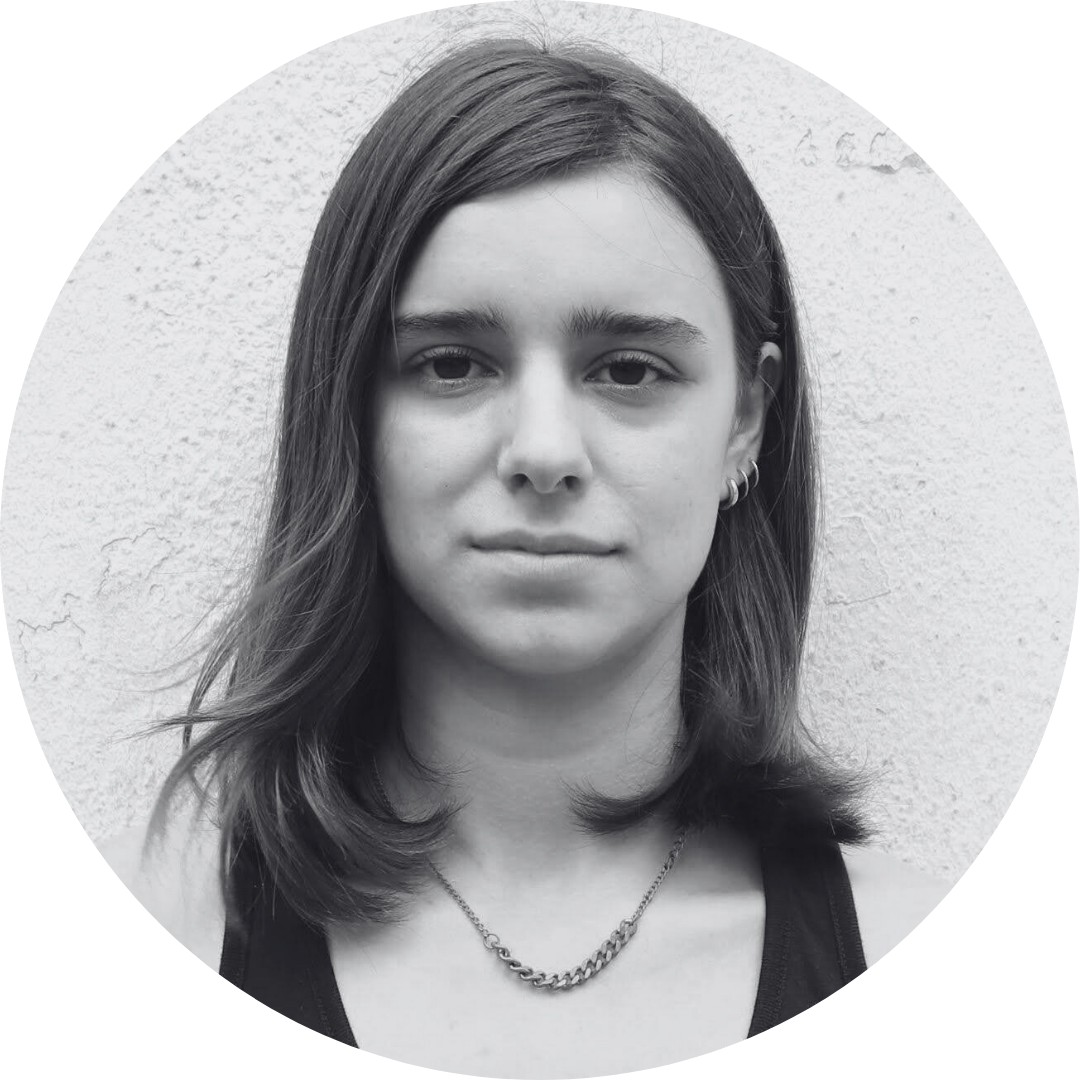
Chanda is a rising senior working towards a BA in Interdisciplinary Science from The New School. She spent the fall semester of 2023 at the Marine Biological Laboratory participating in their Environmental Science program for undergraduates. She completed a research project as part of the program on tardigrade community composition in maritime sunburst lichen, a common species found all over the MBL campus. She is also minoring in Journalism and Design at the New School, since not only is she interested in research but also how research is communicated to the public, especially when it pertains to an urban setting and implementing sustainable policy.
Faculty Fellows
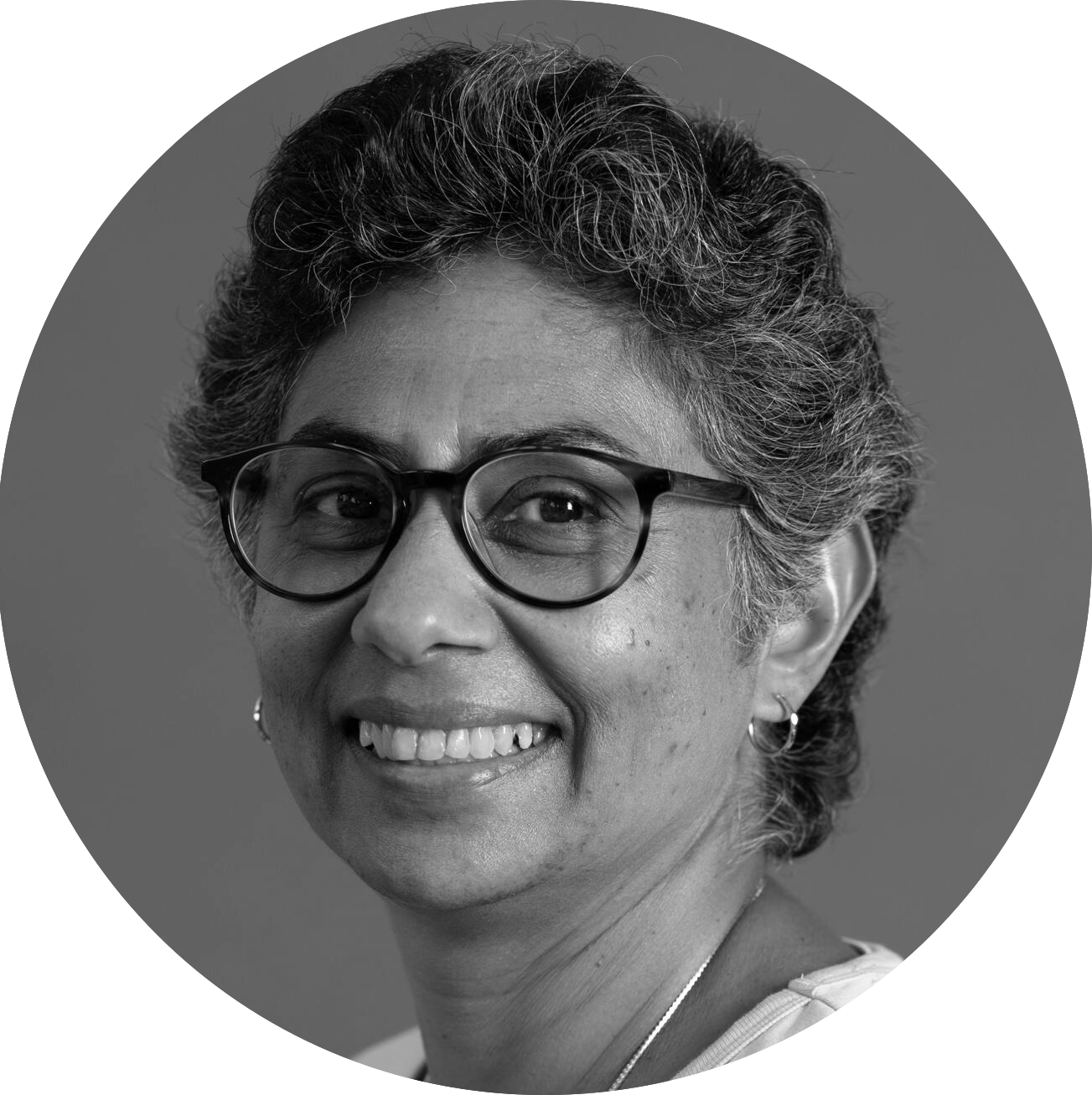
Bhawani Venkataraman is Associate Professor of Chemistry at Eugene Lang College of Liberal Arts, The New School. Her research is in the field of chemical education and science communication. Her work has been published in peer-reviewed chemical education research journals. Her book Paradox of Water, explores the intersection of the scientific, social, and policy implications around access to safe drinking water.
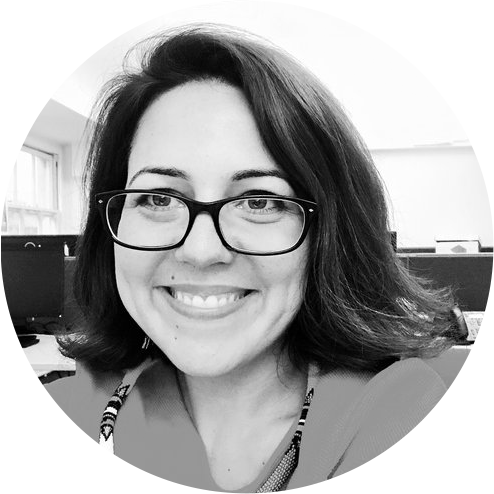
Rocío Carrero is an environmental scientist with expertise in climate change adaptation, disaster risk reduction, scenarios and spatial modeling. Since 2016, she has concentrated her efforts in developing and testing experimental models to assess how urban communities build resilience. Dr. Carrero has worked with the EU ECHO, The World Bank, the Red Cross and the IADB, as well as governments and NGOs in over a dozen countries. She holds a PhD in Geosciences from the University Pablo de Olavide of Seville, Spain. Prior to joining the The New School, she was a postdoc at the University College London (UCL) leading urban resilience projects with Dr. Michele Acuto at the City Leadership Lab. She is part of UREx's scenario modeling task force.


Zbigniew “Z” Grabowski is a faculty fellow at the Urban Systems Lab at the New School and a Research Fellow at the Cary Institute of Ecosystem Studies. His work focuses on the intersection of socio-technical systems evolution and biocultural conservation. He has research interests in green infrastructure, river restoration, dam removal, experiential environmental learning, and governance. He has worked at the Prince’s Foundation for Building Community, where he led the design and installation of a demonstration garden in the BRE Architecture Innovation Park, and has been a member of international research networks including the UK-NERC funded Valuing Nature Network and Blue Green Cities - Clean Water For All. His work has been published in scientific journals (the Journal of Infrastructure Systems, River Research and Applications, Science of the Total Environment, Water Alternatives, Land Use Policy, and Environmental Science and Policy), and been featured in the popular press (PhysOrg and the Financial Times). He is also a Breakthrough Generation Fellow at the Breakthrough Institute and Adjunct Faculty in Geography at Portland State University. Learn more about his work at ResearchGate, Academia.edu, and LinkedIn.


Elizabeth Cook is a Research Fellow at the Urban Systems Lab and Assistant Professor in the Department of Environmental Science at Barnard College. She is an urban ecosystem ecologist and her research focuses on future urban sustainability and human-environment feedbacks in urban and nearby native ecosystems. She conducts research on sustainability and resilience planning through participatory scenario development with local stakeholders and assessing how urban governance and knowledge networks influence planning in Latin American and US cities. She was previously a Chilean National Commission on Science and Technology (CONICYT) post-doctoral fellow at the Universidad Austral de Chile, Valdivia and earned her PhD at Arizona State University.
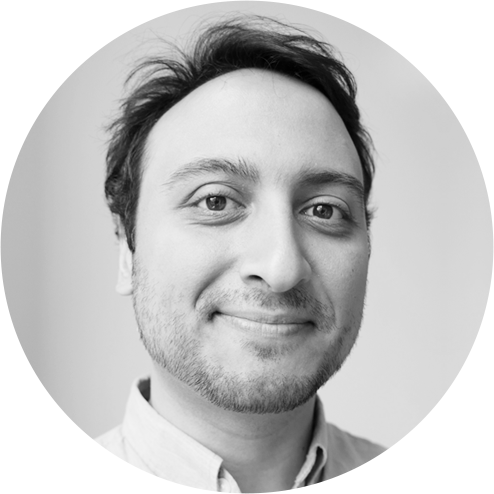

Luis Ortiz is Faculty Fellow at the Urban Systems Lab at The New School. A mechanical engineer by training, he is interested in the intersection of built environments, humans, and the atmosphere. In particular, he is interested in how climate change impacts energy use and health, as well as how cities may mitigate and adapt to these impacts. His recent work as a member of the UREx SRN project involved projecting vulnerability to weather extremes across a range of stakeholder-driven land use and climate scenarios.
Before joining the Urban Systems Lab, Luis earned his PhD at The City College of New York, where he worked on high-resolution extreme heat projections for New York City as well as impacts of climate change on the city’s summer electric demand for air conditioning. His work on heat wave projections will be featured in the upcoming Third New York City Panel on Climate Change report, scheduled for release in early 2019. To find out more about his work, see ResearchGate and Google Scholar.
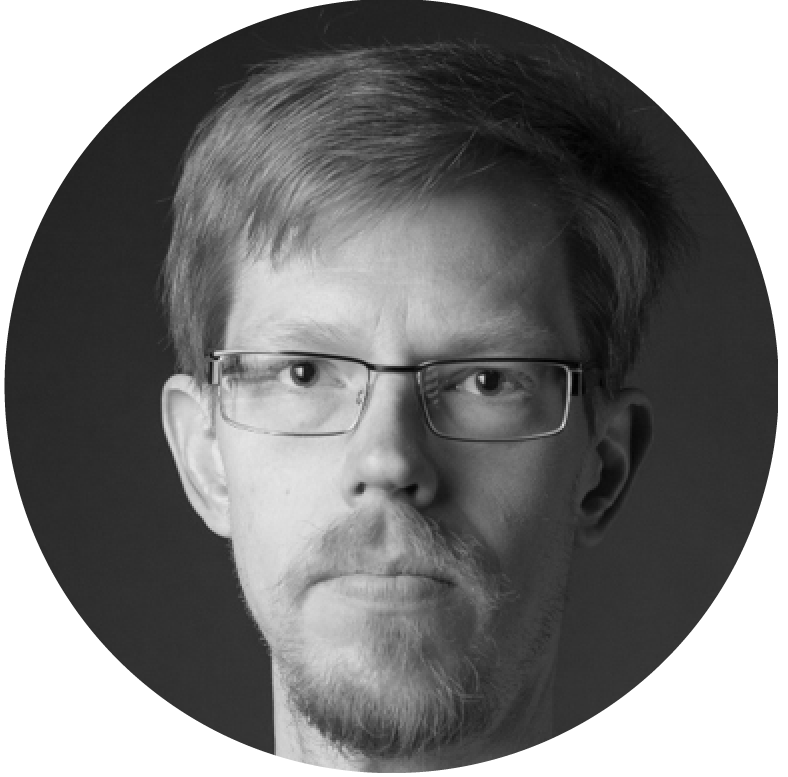

Erik Andersson is a Research Fellow at the Urban Systems Lab, although more frequently encountered in his capacity as an associate professor with Stockholm Resilience Centre, Stockholm University. Dr Andersson is interested in how ecological conditions and processes together with governance and human perceptions and values shape multifunctionality and how we understand and appreciate nature. He is also interested in systems thinking and theory and the development of the broad sustainability-resilience discourse. Dr Andersson has published widely in scientific journals (e.g. Nature, Nature Sustainability, Ecological Applications, BioScience, COSUST), in books (e.g. The Science and Practice of Landscape Stewardship, Nature-Based Solutions to Climate Change Adaptation in Urban Areas) and popular press (e.g. The Nature of Cities). Among other things Dr Anderson leads the European project ENABLE (2017-2020) and has served as expert on a number of panels, reports and inquiries, primarily for green infrastructure or ecosystem service related projects and processes. Andersson is frequently and more or less formally involved in a continuous dialogue and knowledge co-creation with authorities and actors at levels from local to international. He is also an extraordinary associate professor with North-West University in South Africa.
Past Members
DIRECTORS
Daniel Sauter
Staff & Research Fellows
Jill Corson Lake
Pauline Munga
Claudia Tomateo
FACULTY FELLOWS
Chris Woebken
Debra Anderson McGrory
Karim Ahmed
Aaron Hill
Andrea Marpillero-Colomina
Tommy CheMou Yang
Anna Fisyak
Postdoctoral Fellows
Khila Dahal
Peleg Kremer
Richard Karty
Sanpisa Sritrairat
Yaella Depietri
Peter Sigrist
Bianca Lopez
Yeowon Kim
Luis Ortiz
Research Assistants & ASSOCIATES
Jaskirat Randhawa
Jason Mandel
Chrissy Remein
Ruchika Lodha
Qi Yang
Sarah Kontos
Saloni Shah
Yahnze Wu
Peilu Fan
Wes Thomason
Emily Bowe
John Outwater
Jeremy Odell
Frankie Ackerman
Chella Strong
Jiray Avedisian
Xinyue Elena Peng
Nam Pham
STUDENT ASSISTANTS
Ryann Abunuwara
Emma Jane Geisler
Max Scott
Maria Llona Garcia
Chandler Louden
PhD Students
Filipa Grilo
Toni Castro-Cosío
Zoé Hamstead
Hildegaard Link
Jing Wang
Neele Larondelle
Katharina Hölscher
Mayumi Hirye
Avigail Vantu
Katinka Wijsman
Belen Fodde
Rory Curtin
Audrey Jenkins
Masters Students
Elsa Velasco Valdés
Aucher Serr
Christina Puzzolo
Cheryl Bennett
Allison Molinaro
Nour Zein
Juno Garrah
Visiting Scholars & Fellows
Eliška Lorencová
Clair Cooper
Nuala Flood (Fulbright Scholar)
Alex Putzer
Melissa Ingaruca Moreno
María Ruiz de Gopegui Aramburu (Fulbright Scholar)
Alannah Hofemeier
Livia Shamir
Yves Räth
Charlotte Stijnen
Alex Springer
Shahryar Sarabi
UNDERGRAD STUDENTS
Madeline Balitona
Isabella Marinho
Kate Bilezekian
Julia St. Clair
Madeline Balintona
Ana Correa do lago